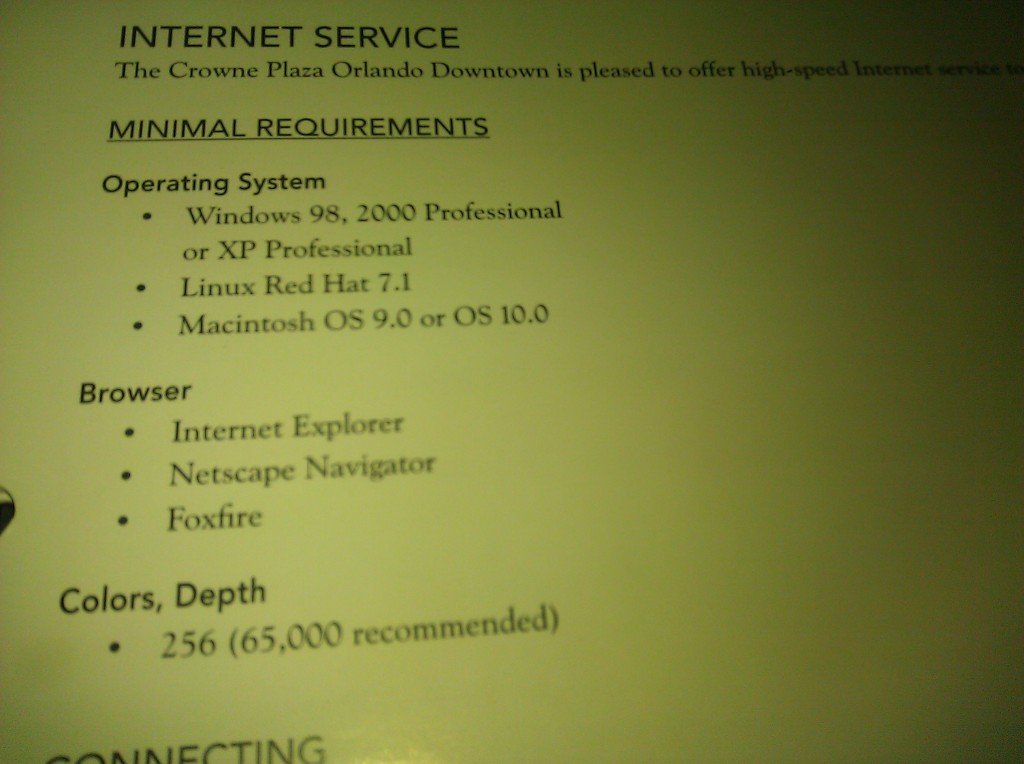This is a surprisingly unabashed admission from Science magazine (i.e. the world’s flagship scientific publication):
Science’s publication workflow relies on Microsoft Word97. To translate LaTeX files into Word97, we use an intermediate MS-DOS routine that converts the TeX source into HTML.
Just think about that the next time you hack something in to meet a deadline. Hacks layer upon existing hacks until you have some kind of living monstrosity.
Of course, I’m often guilty of these kinds of crimes. On the optimistic side, their system sounds quirky and interesting (from a Rube Goldberg point of view), but not something I’d like to work on in particular.

